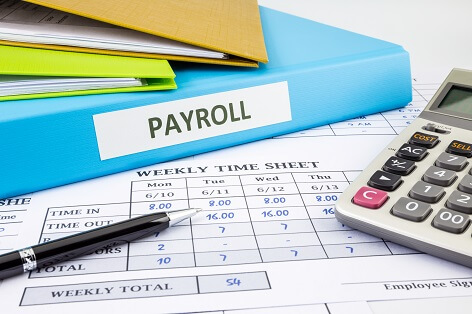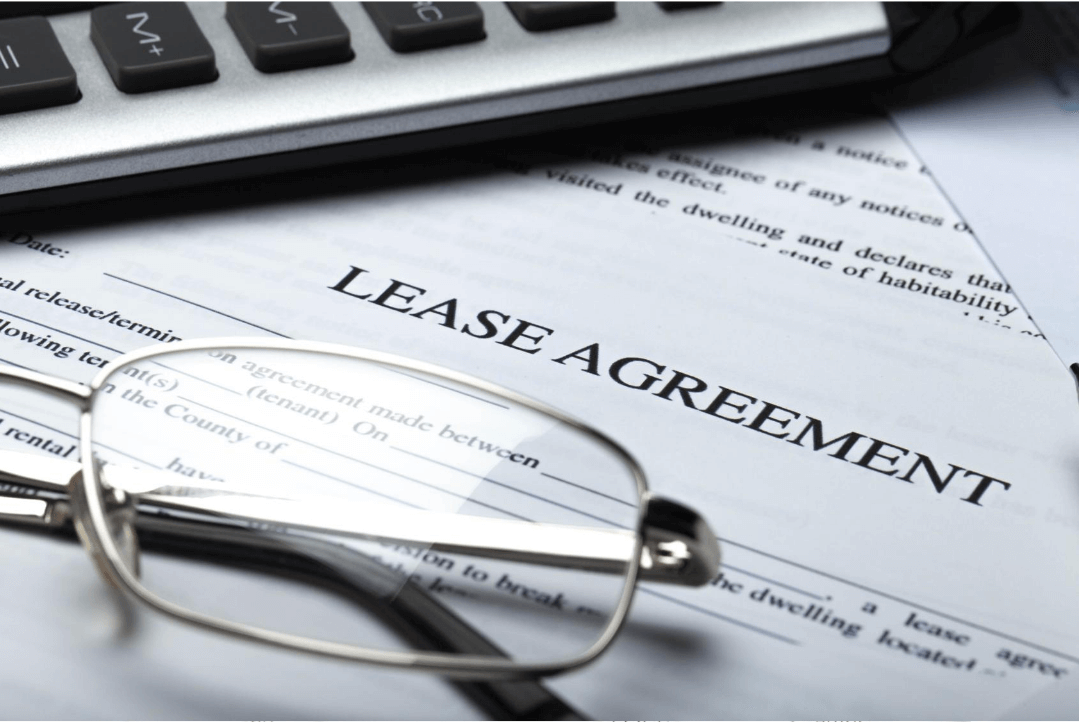When It’s the End of the Business Road
 The
Government Stimulus Packages including the cash boost and JobKeeper payments
have given hundreds of thousands of business owners a temporary lifeline. Sadly, there’s no guarantee businesses won’t be forced back into
lockdown at some point in the future (for example, Melbourne went to Stage 4 restrictions from the 2nd August after easing
restrictions from the first lockdown). Some businesses simply will not survive this upheaval.
The
Government Stimulus Packages including the cash boost and JobKeeper payments
have given hundreds of thousands of business owners a temporary lifeline. Sadly, there’s no guarantee businesses won’t be forced back into
lockdown at some point in the future (for example, Melbourne went to Stage 4 restrictions from the 2nd August after easing
restrictions from the first lockdown). Some businesses simply will not survive this upheaval.
Unfortunately, plenty of businesses in their infancy will be casualties because they didn’t have sufficient working capital or were ineligible for the support packages. Others might find they are on borrowed time because they can’t negotiate a fair arrangement with their landlord and when the rental eviction moratorium finishes, so will their business. The end of the ‘holiday’ on mortgages and business loans could spell trouble for others while plenty of business owners who were approaching retirement might bring forward their decision.
The pandemic hit at the speed of light, but we have been warned that the economic recovery might take several years. Many businesses will re-open after the restrictions are lifted but they might find trading conditions very different with a significant decline in consumer confidence and double-digit unemployment. Some may struggle to adapt their business to the massive shift to online sales.
Of course, as accountants our mission is to help you survive, rebuild, and thrive on the other side of this pandemic. We urge you to consult with us to make sure you have exhausted all available financial avenues to get to the other side of this crisis (see our COVID-19 Help for Business article). These might include federal and state government grants, subsidies, loans, and even early access to your superannuation. However, if you’re at the end of the road there’s a number of administrative issues you need to address, and we are here to help you. These compliance issues might include:
 a)
Cancel Business Registrations -
you may need to cancel various tax registrations within 21 days of closing including:
a)
Cancel Business Registrations -
you may need to cancel various tax registrations within 21 days of closing including:
- GST and PAYG withholding
- Business Name (through the Australian Securities and Investments
- Commission)
When a company stops trading as a business, it is still registered with ASIC. There are a number of different types of company deregistration: -
|
|
|
The steps and criteria for each of these types of de-registration are available on the ASIC website |
- Australian Business Number (ABN) via the Australian Business Register
- Website Domain Name and Hosting Fees so you stop incurring ongoing costs that might be on direct debit from your bank account or a credit card
- Complete your final BAS and Income Tax Return
- If you are selling the business, consider Capital Gains Tax implications
- Software licences and subscriptions (with the exception of accounting software)
- Cancel insurances (but you may need to retain some insurances like Professional Indemnity)
- Cancel periodical payments so they stop coming out of your account or credit card
- Others may include Luxury Car Tax, Wine Equalisation Tax and Fuel Tax Credits.
Every business must keep their financial records for a minimum of five years and that includes your accounting records plus your employee and wage records. Note, there may also be privacy guidelines around the retention of your customer records.
b) Staffing Issues

- Finalise employee tax payments - calculate final pay with outstanding leave entitlements, PAYG withholding, superannuation.
- Notice of Termination - you will need to notify your employees in writing that you are terminating their employment. You may be able to provide payment in lieu of notice but make sure you comply with any notification period under their award or enterprise agreement.
- Employee Entitlements - you will need to pay your employees any outstanding wages or accrued leave including annual leave, long-service leave and any redundancy amount. Make sure you review their award, employment contract and any State-based regulations for a business of your size before taking any further action.
 c)
Terminate Your Commercial Lease
c)
Terminate Your Commercial Lease
If you rent a commercial property your lease obligations will remain unchanged even though you may have closed the doors and vacated the building. Get your solicitor and/or real estate agent to review the terms of your lease agreement to ascertain if you can get a release (with a fee) or have the right to sub-lease the building to another party. You may also be able to negotiate with your landlord to surrender the lease which means both parties mutually agree to end the lease. This will usually involve paying a fee and covering the landlord’s legal costs. Don’t forget to clean the property to make sure your bond money is returned.
d) Sell Business Assets
If you can sell the business complete with the stock that would be a good outcome. Failing that, what do you plan to do with the stock, tools, furniture, fittings, equipment, property, vehicles, domain name(s), patents, trademarks, licenses, or permits?
e) Notify Suppliers
Let your suppliers know the business is closing and from what date. End any supplier agreements and pay any outstanding bills.
f) Notify Your Customers
Notify your customers that the business is closing and the date. You might consider a ‘closing down sale’ to clear as much stock as possible.
g) The Loose Ends
There are always some small items to finalise. Make sure you disconnect utilities (power, phone, internet), redirect the mail, close bank accounts, terminate your website and social media channels.
Again, obviously our mission would be to do everything in our power to help your business survive and make sure you check our other blogs for information such as:-
- JobKeeper Payment Scheme - Extension and Changes
- Pivot, Adapt, Survive & Even Thrive - How to Pivot Your Business
- COVID-19 Help for Business
- Business Action Plan Checklist
- How to Recession Proof Your Business
and don't hesitate to contact us if you have any queries in relation to the above.
This article forms part of our Business Accelerator Magazine. Download the latest edition HERE or browse other articles from this edition below:
- Marketing in Preparation for a Post-Pandemic World
- JobKeeper Payment Scheme - Extension and Changes
- Business Lessons from a Pandemic
- Car Expenses and Home Office Claims
- Return to Top
Disclaimer: This newsletter contains general information only. No responsibility can be accepted for errors, omissions or possible misleading statements. No responsibility can be accepted for any action taken as a result of any information contained in these articles. It is not designed to be a substitute for professional advice and does not take into account your personal circumstances.













.jpg)